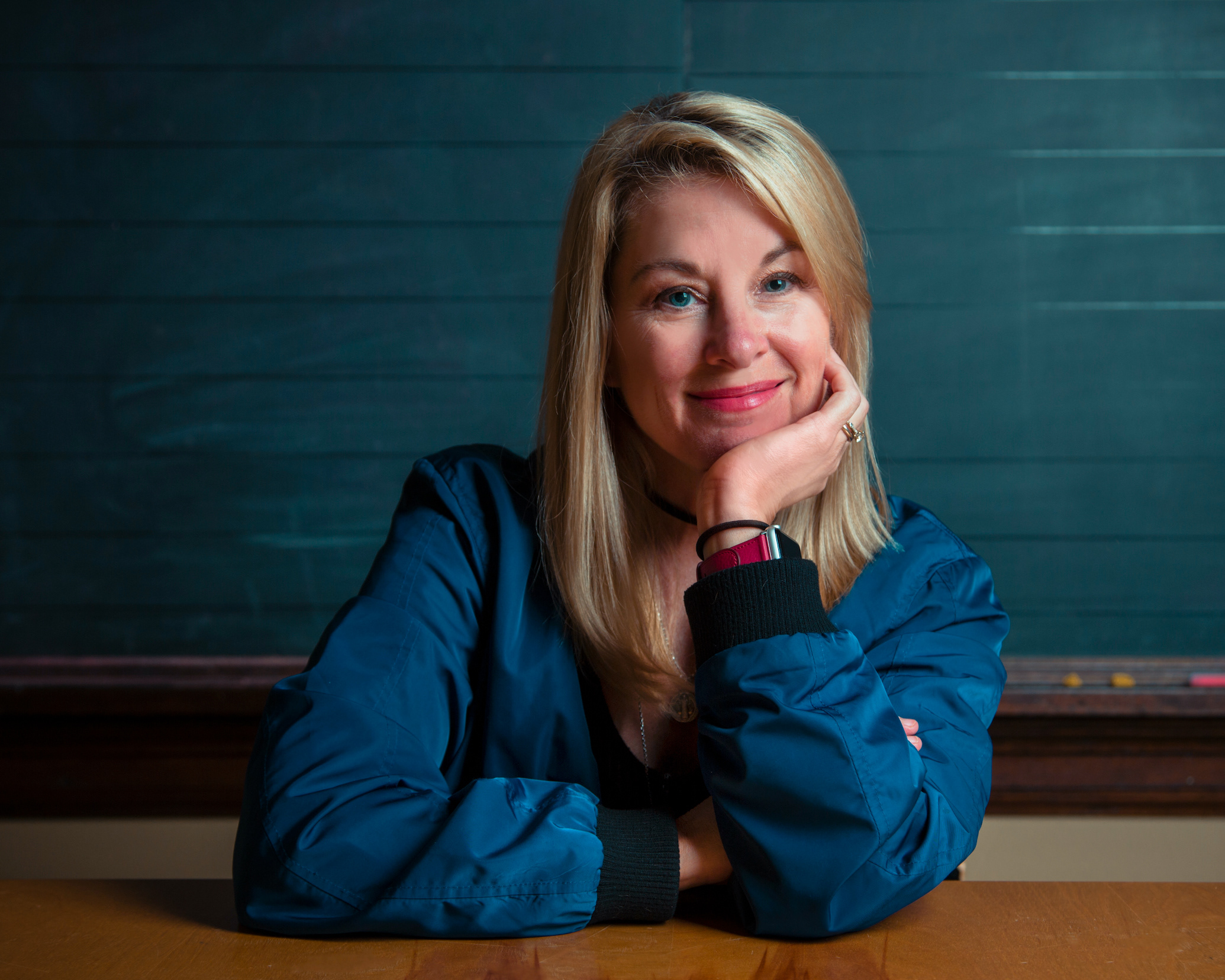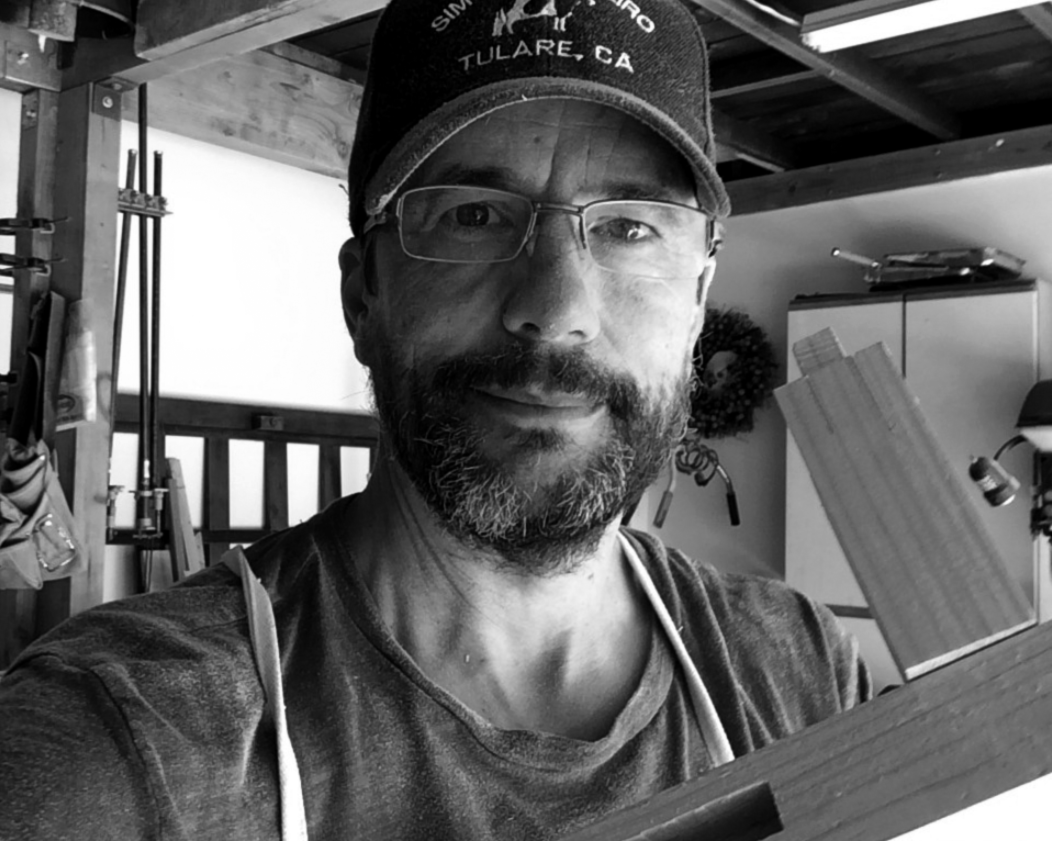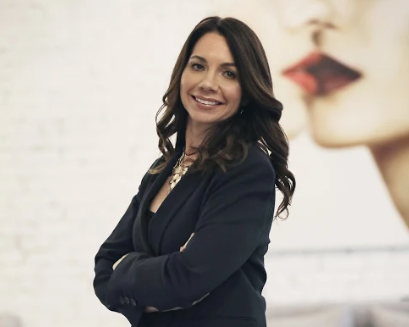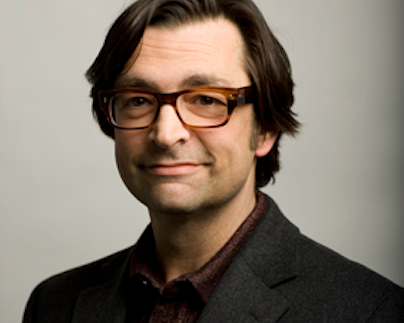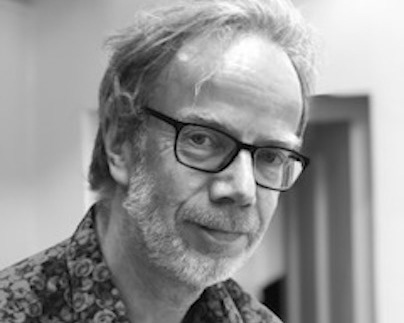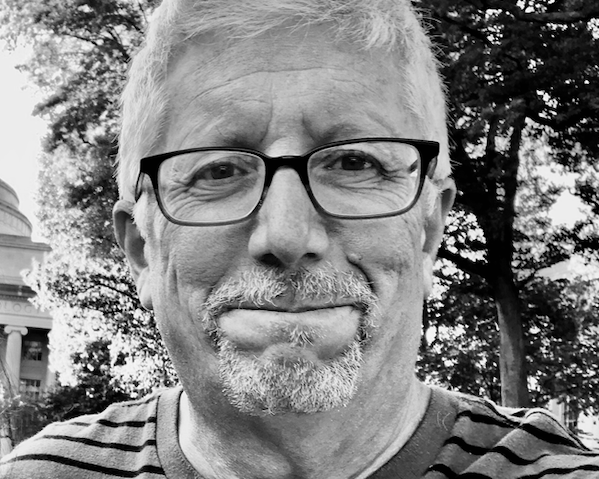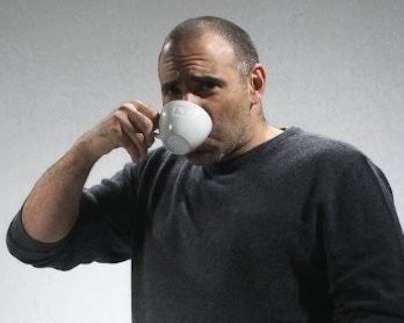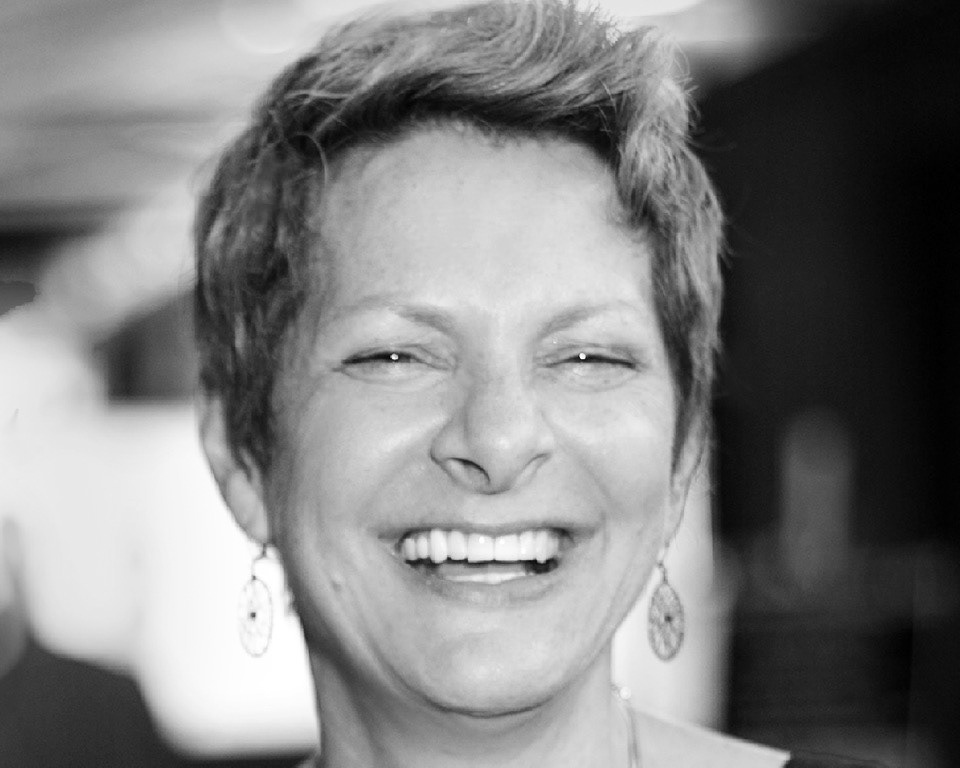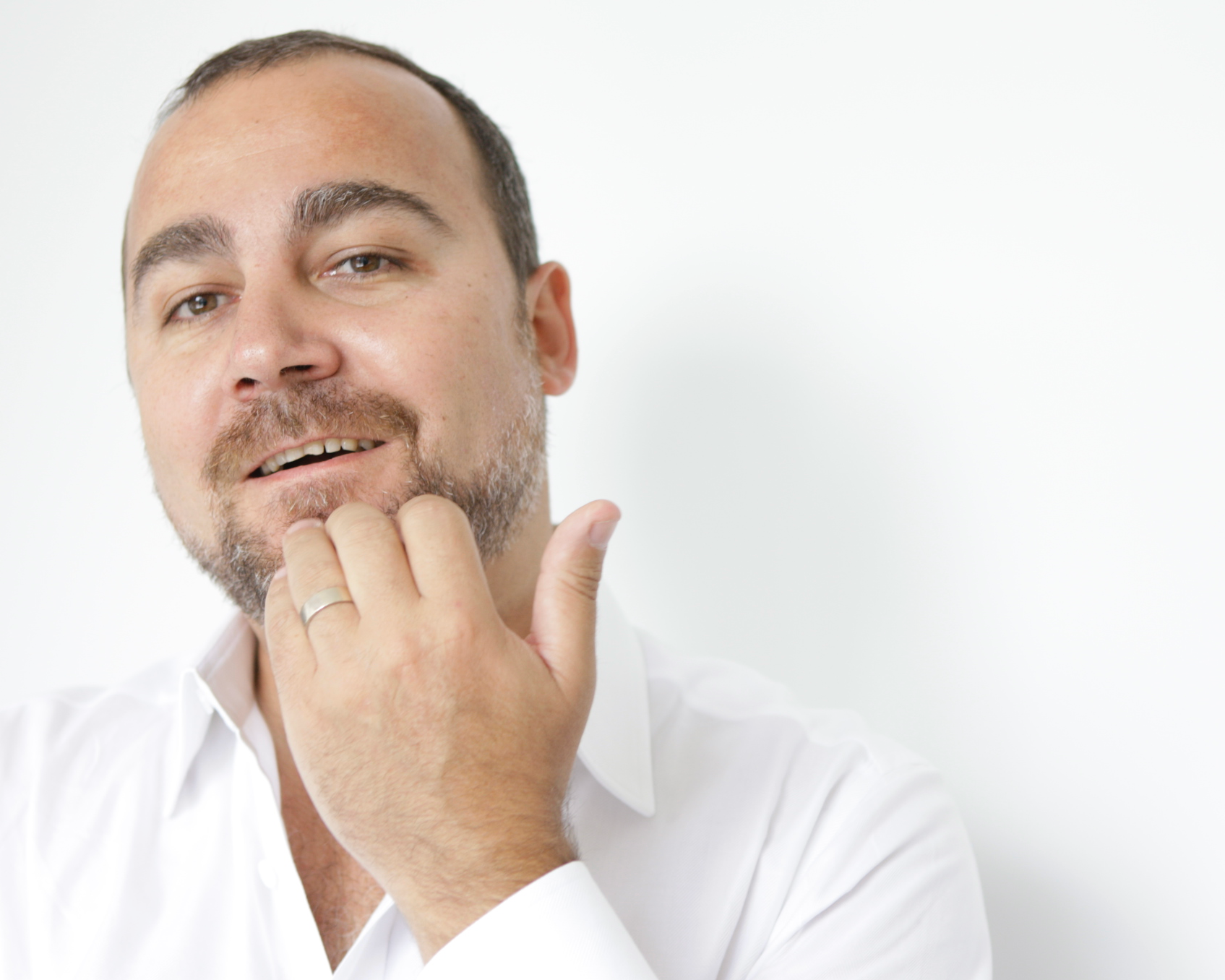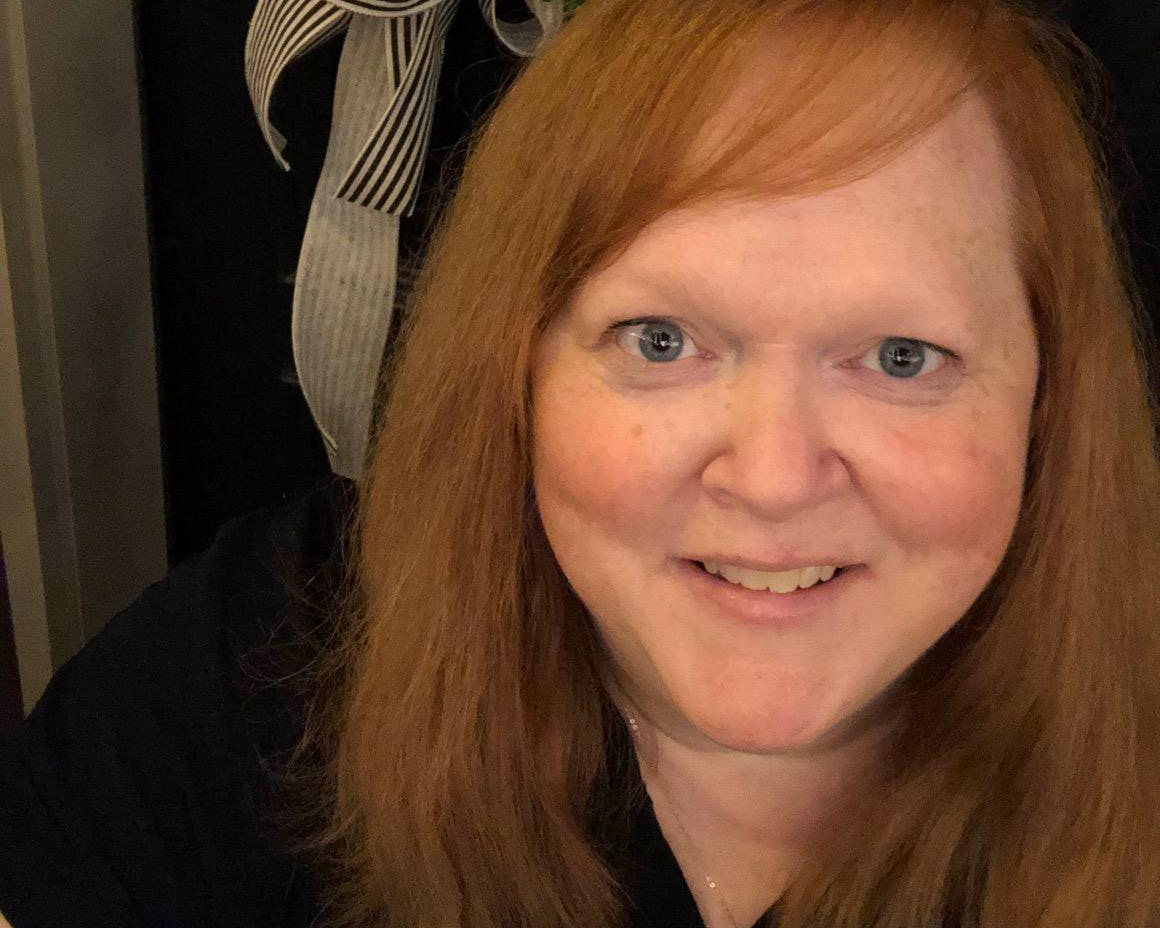Mickey is a passionate and forward-thinking creative who’s a champion of diversity as well as a great collaborator. That’s not from us – it’s from actor John Leguizamo, who actually took the time to write a glowing reco that you can find on Mickey’s site. Pete Favat, Greg DiNoto and a whole bunch of other important industry folks also had some pretty darn nice things to say.
Mickey has spent much of his career with three letter acronyms incorporated into his title at Altice, various startups, Omnicom and WPP agencies like Ogilvy & Mather and JWT. He managed brands with billings over 300 million for companies like Unilever, PepsiCo, DHL, Diageo to name a few. And he also managed to collect over 80 coveted industry awards including Effies, Cannes Lions, One Show, D&AD, AICP and Clios.
“Nothing inspires me more than working towards a common goal with people I value,” he says. “When you work every day with teams you respect, the results are excellent.” Indeed.
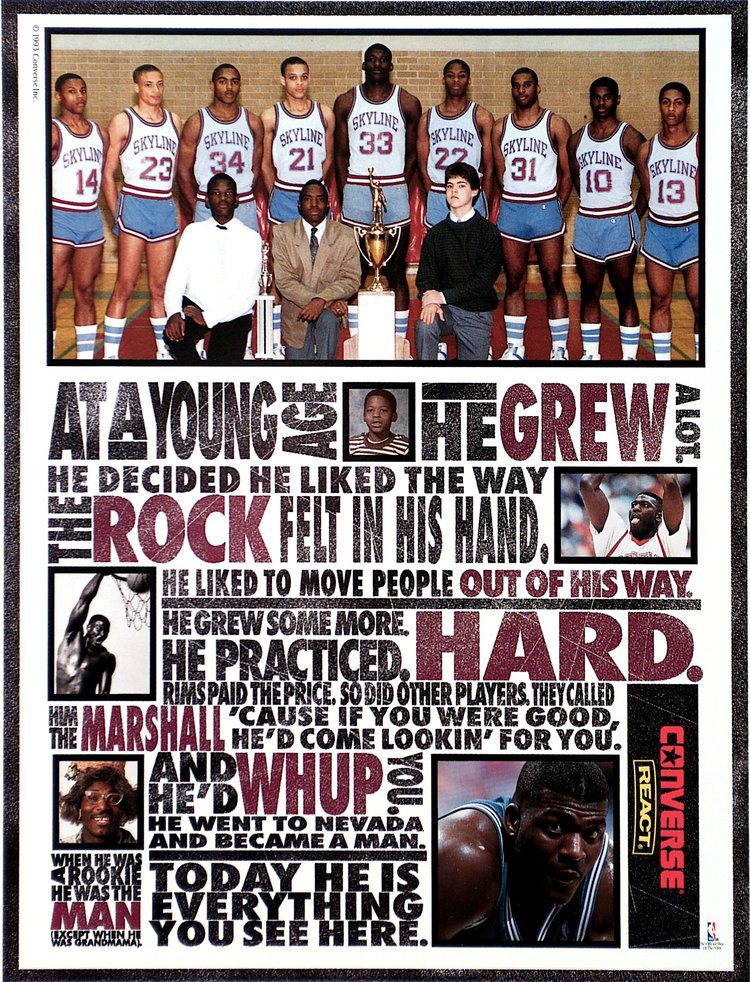
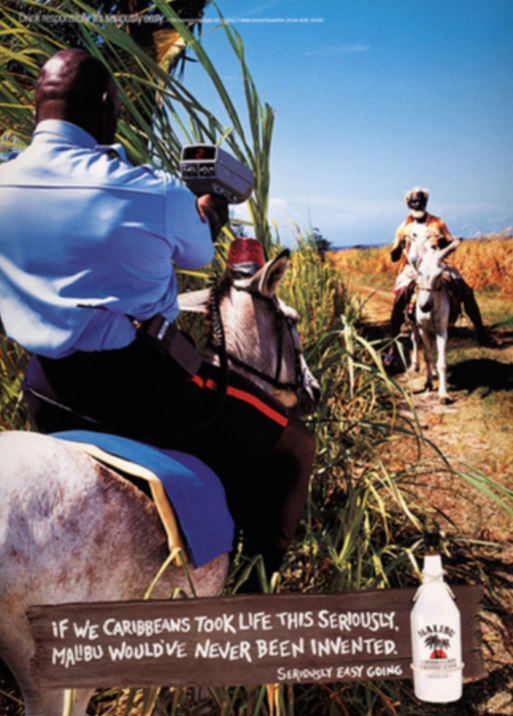
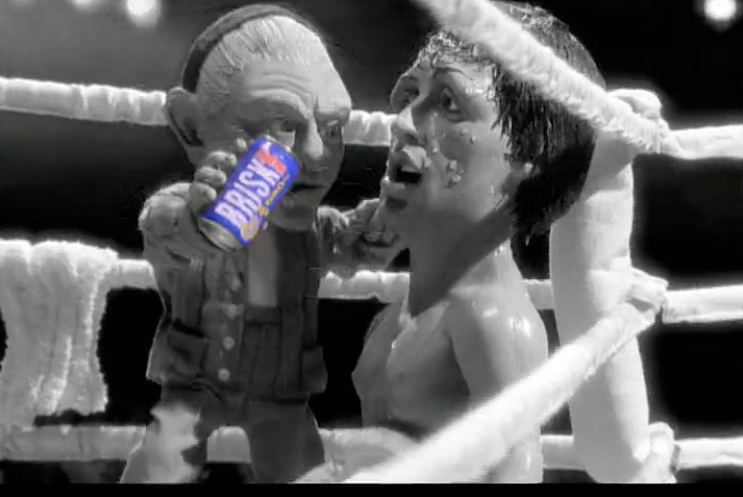
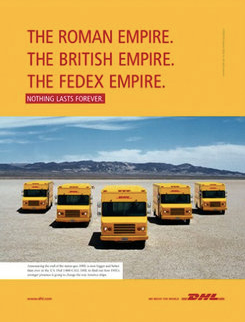
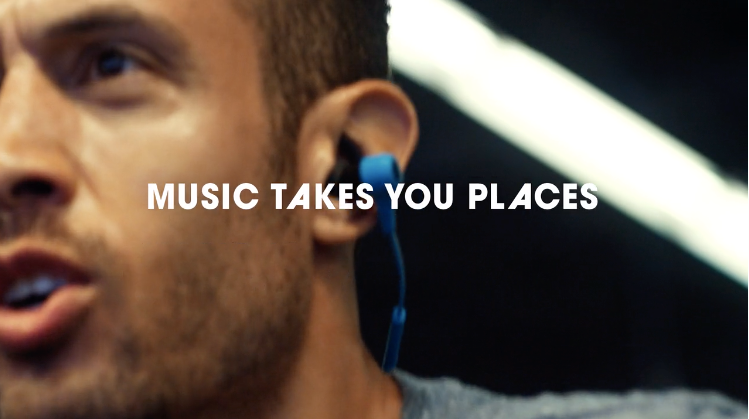
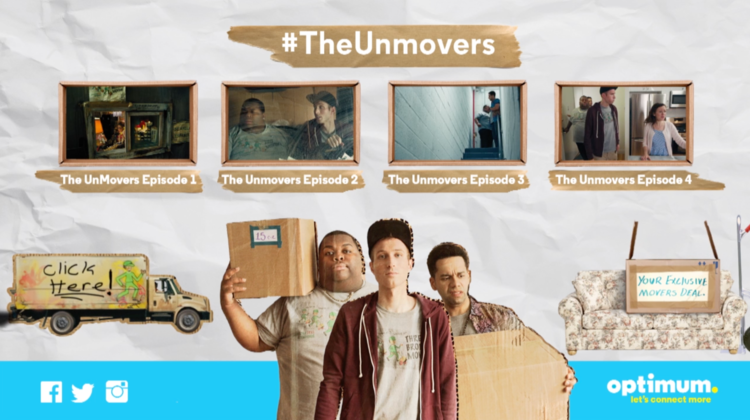
Is ageism in the industry something you thought about in your 30s? Your 40s?
Yes. In my 20s I remember a guy saying he was retiring and he was 55. I was like, whoa, I better get busy here it’s not like being a lawyer or a dentist where you can be 100.
What are some of the challenges you faced as a person who was getting older in the business? Do tell.
The challenge is to accept what’s changed and evolve and focus on your personal value.
Just recently my job was client side but when the company was purchased, they eliminated my position. I think the holding companies only employ 3% of creatives over 50 so I’ve stayed busy doing direct to client projects while I wait for the right full time client side opportunity.
There’s a lot more interest these days in someone with experience who has successfully built an internal agency while also creating a symbiotic relationship with its agency partners. Not many creatives have the stomach for it, especially younger folks.
"There’s a lot more interest these days in someone with experience who has successfully built an internal agency while also creating a symbiotic relationship with its agency partners. Not many creatives have the stomach for it, especially younger folks."
Tell us about your own creative journey. What are your thoughts on where you are now, compared to your mindset when you were in the beginning of your career?
I’ve worked for Ron Anderson, James Patterson, Pete Favat, Joe Cupani, Helayne Spivak, and Bill Hamilton, and I’ve learned from all of them. There is no playbook on how to be a Creative Director. I rose to a level of trust with clients and management and was handed more responsibility. Having worked as an ECD for holding companies, digital startups, for myself and as a client, I have a well-rounded perspective on the business. I’m lucky to have made some great work with some amazing CMOs for over 3 decades. All in all, traveling the world, working with celebs and business leaders who appreciate your effort is a great way to make a living. I wouldn’t change a thing and I don’t think I’ve lost any of my passion or perseverance.
Did the reality of the ad industry contribute to the decisions you made/the path you’ve taken?
Yes. I remember the founder of Hill Holiday, Stavros Cosmopulos was at Syracuse and told us there was a 96% chance you won’t end up doing this for a career. The advent of the Internet has made it more difficult because transactional clients are being sold on fake clicks and emotionless bots that basically annoy people. I think George Tannenbaum refers to it as the crapification of the ad biz. Nick Law said taking the media away from the agencies was the biggest mistake the holding companies ever made and that’s true. The process now is way more complicated. Clients have smaller budgets and endless ways to spend it. Product experience has taken precedent over image awareness. To keep pace with technology, you need everyone from product, PR, media strategy and both creative systematic thinkers and narrative thinkers together from the beginning. The old Bernbach method of waiting for the creative team to crack a brief is over.
"The old Bernbach method of waiting for the creative team to crack a brief is over."
What do you feel creative people over 50 can offer over someone 20 years their junior, things that are unappreciated, or just plain overlooked?
Younger creatives can benefit from a mentor who understands the business.
An experienced creative has a better sense of what’s really important, what’s not and how to focus on what you can personally do to make something more effective.
Most creative people don’t really understand what a client goes through day to day. When you’ve been around clients long enough or have actually been a client, you understand exactly where marketing resides as it pertains to the success of an organization. Opps, product innovation, finance, sales and IBIDA rule the day. That’s a reality you have to deal with.
What is your advice to people who are nearing or over 40 in the ad industry?
At this point you should have sustainable relationships and know what makes you happiest when you’re creating. Do everything you can to maintain that feeling every day. Some like coding, some like writing, some like being all over the place, managing the kit and caboodle. If you’re in a toxic environment, get out. Don’t be the boiling frog sitting in the pan of water dying a slow death. One of the most valuable things I did was attend a global training program called Omnicom University. I learned so much about the business and I made many valuable contacts that I maintain today.
How are you approaching the next 10 years? What does your future hold?
The best thing about the creative mind is the insatiable curiosity to learn and solve problems through emotional messaging. Currently I’m working on a children’s book. Having worked for Jim Patterson at what was JWT I see lots of his writers enjoying a second career working on his books. The opportunities to do other things outside of advertising are endless. When you realize how valuable your thinking can be, the idea that you need to stay in a traditional marketing role is too narrow. This is the age of convergence and connectivity. There are so many ways to apply your skill sets.
"When you realize how valuable your thinking can be, the idea that you need to stay in a traditional marketing role is too narrow...There are so many ways to apply your skill sets."
What do you see as potential solutions for ageism in the industry? Any thoughts on possibly unionizing?
In some industries 30% of all contracts must go to minority companies. Maybe we need to do that that in the marketing industry. Make it a law where the agencies are required to staff a certain % of minorities, including age. I think the bigger issue right now is greed. There’s a war between greed and emotion. On one side are the finance people looking to make quarter-to-quarter earnings and on the other are the CMOs like Fernando Machado who understand that for a brand to grow, it must have meaning and value beyond price.
What are some positive things you’ve experienced as you’ve grown older in the business?
The rise of global efforts in purpose based marketing like sustainability. Companies like Unilever, Verizon, and P&G and their agencies are making a difference in humanity and our planets survival. That is truly remarkable and inspiring.
We now live in a time of innovation and purpose. Product experience is everywhere.
The most powerful impact you can make in this business is to create something that actually changes culture in a positive way.
Who do you look to for inspiration?
My children and pop culture. I love entertainment, sports music; anything you can draw from that helps your messaging become part of the zeitgeist is always the goal.

